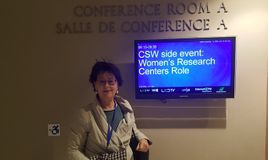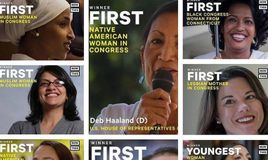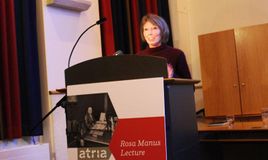Blog CSW67 ‘How can we build a green and digital future that leaves no one behind’?

Pictures: Anika Snel, WO=MEN
Young women are frontrunners in the climate movement and advocacy for a green and digital future. Yet, women and girls are underrepresented in STEM education and careers, in decision making, and their experiences and voices remain unheard. How can we build a green and digital future that leaves no one behind?
This question was central to the official CSW side-event “Towards a green and digital future: opportunities and challenges for women and girls in public life and the workplace”. The event was co-organised by the Kingdom of the Netherlands, the Parliamentary Assembly of the Council of Europe, and Estonia.
In this blog we share some of the highlights of the event.
What are the biggest challenges?
Marjan Hammersma, Vice-Minister of Education, Culture and Science, highlighted the sizable challenges to a green and digital future from a Dutch perspective. Although the number of girls who choose STEM fields has risen, women and girls are still underrepresented in STEM education and careers. “We need to challenge the stereotypes that discourage girls from entering and staying in STEM”, she argued. In the Netherlands, girls are less confident in STEM, even though they outperform boys in some STEM-fields. Also retaining women in STEM is a challenge. Education in STEM does not necessarily translate into a career in STEM, and women are 35 percent more likely to leave STEM fields, often because of the culture. Hammersma: “This underrepresentation is a missed opportunity for all of us. We really need everyone’s contribution to challenge the climate crisis.”
What kind of measures are needed to overcome obstacles?
The panel discussed measures and tools for the inclusion of women and girls in the green and digital future on different levels: the role of international conventions and national standards, participation of civil society in policy making, but also good practices to counter gender stereotypes and raise the number of girls and women studying and working in STEM fields.
International and national standards
International conventions, such as the Istanbul Convention, are important standards that can improve women’s lives, stated Zita Gurmai, the former General Rapporteur on violence against women and member of the Committee on Equality and Non-Discrimination.
The Netherlands recently launched a National Action Plan for green and digital jobs. This action plan is a collaboration of three Ministries. Hammersma: Apart from aiming to attract more girls and women in these jobs by investing in digital skills, there is also focus on a culture change in STEM sectors. This includes work schedules, working conditions and ensuring safe and inclusive working environments.
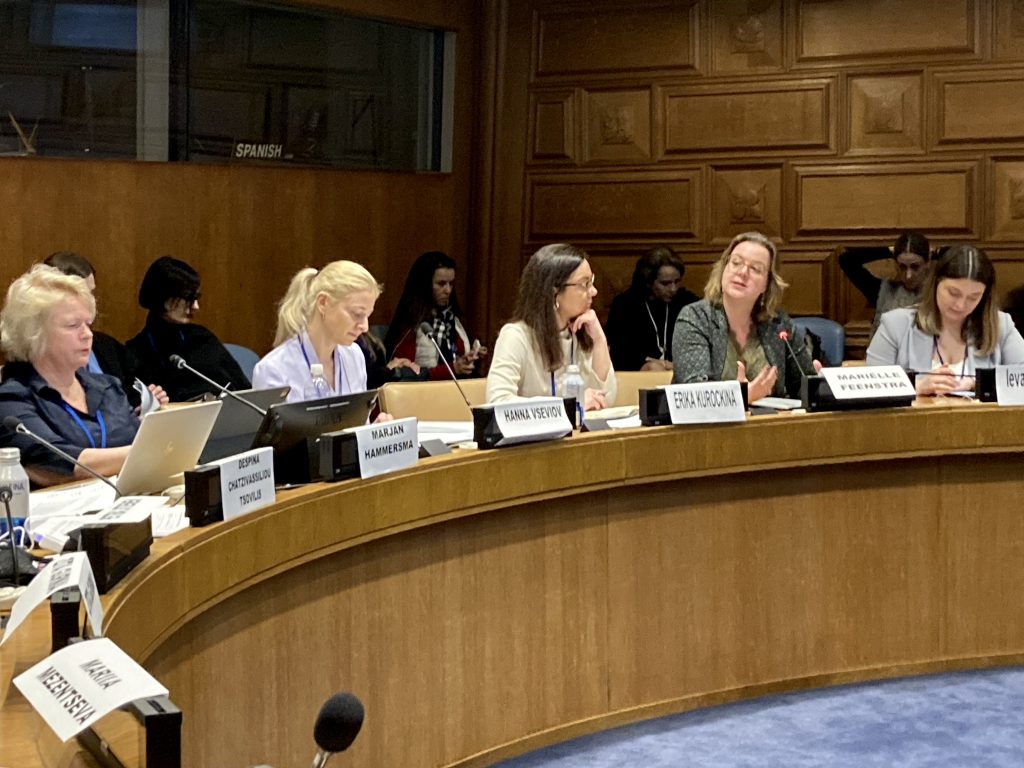
Breaking the silos in policies
Mariëlle Feenstra, the Dutch NGO representative on the Dutch Delegation to CSW67, emphasised the importance of ministries working together. ‘’We need to break the silos in policies’’. In order to tackle and address these complex problems, we need to collaborate, she explained. Not only between NGO’s and the government, but also between ministries within the government. Moreover, Feenstra addressed the importance of the participation of NGO’s that are working on women’s empowerment. ‘’It is still a challenge to include civil society, that is so much needed for a green and digital future’’. In the words of Gurmai: “We need to listen to civil society in order to make good policies”.
Campaigns and role models
Deputy Minister of Social Affairs of Estonia, Hanna Vsevios, gave several examples of good practices to raise the number of girls and women in STEM studies and workplaces. The ‘unicorn squad’ is an initiative that offers girls free robotics and technology classes. ‘’It shows that girls who can discover technology in groups of girls feel more comfortable and it takes away their fear of technology. This gives them more opportunities in the labour market later on.’’ Another example is a campaign starring Lotte, a popular Estonian children’s character, who is most known as an inventor. This provides girls a role model.
For the younger generation it’s important to have role models and support. ‘’I remember being 20, having little experience in politics. I was not taken by the hand of anyone and experienced lots of obstacles’’ Mariia Mezentseva, Chairperson of the Committee on Equality and Non-Discrimination explained. Mentorship is a strong tool to support young people to participate.
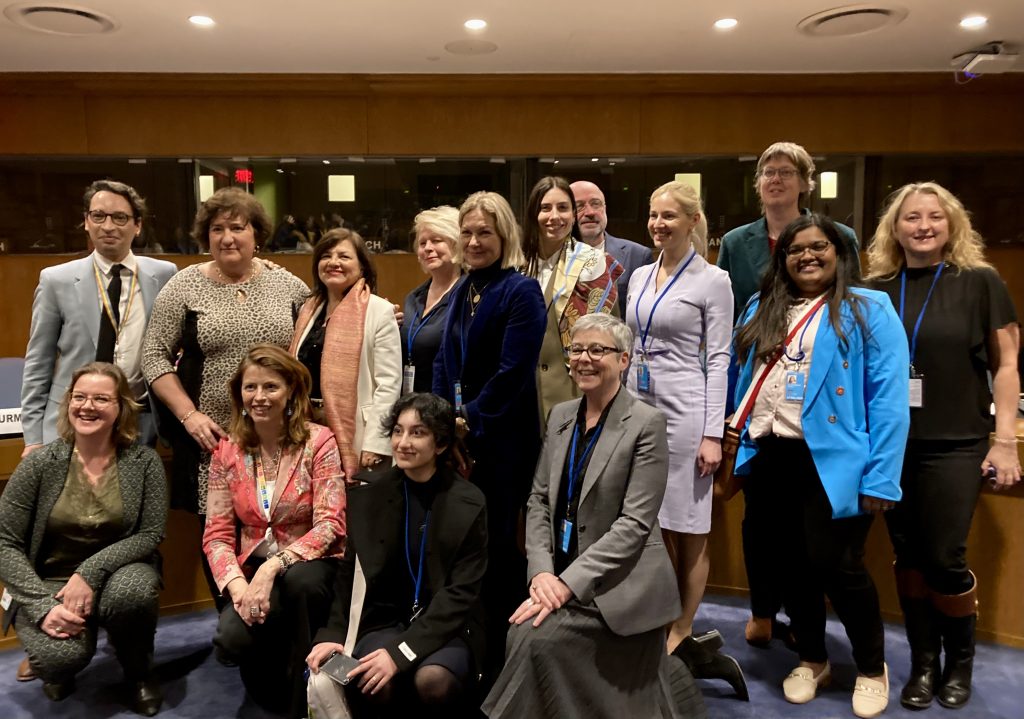
We need everyone
A point that all participants stressed is that we need everyone to build an inclusive green and digital future. ‘’We all – women, men, different generations – need to engage for the present and future. For (digital) technology to help the environment, climate and everyone.” stated Petra Stienen, Dutch senator and member of the Committee on Equality and Non-Discrimination, Parliamentary Assembly of the Council of Europe. This means that men should also take their responsibility.
Feenstra closed the event by stating that we need to involve a wide variety of stakeholders from different disciplines. “There is no time for competition”, she said, “so we need to find each other in collaboration”.
Atria and WO=MEN are jointly responsible for the coordination of input from civil society to the governmental delegation during the 67th session of Commission on the Status of Women in New York. Follow us on Twitter: @AtriaNieuws and @genderplatform.

